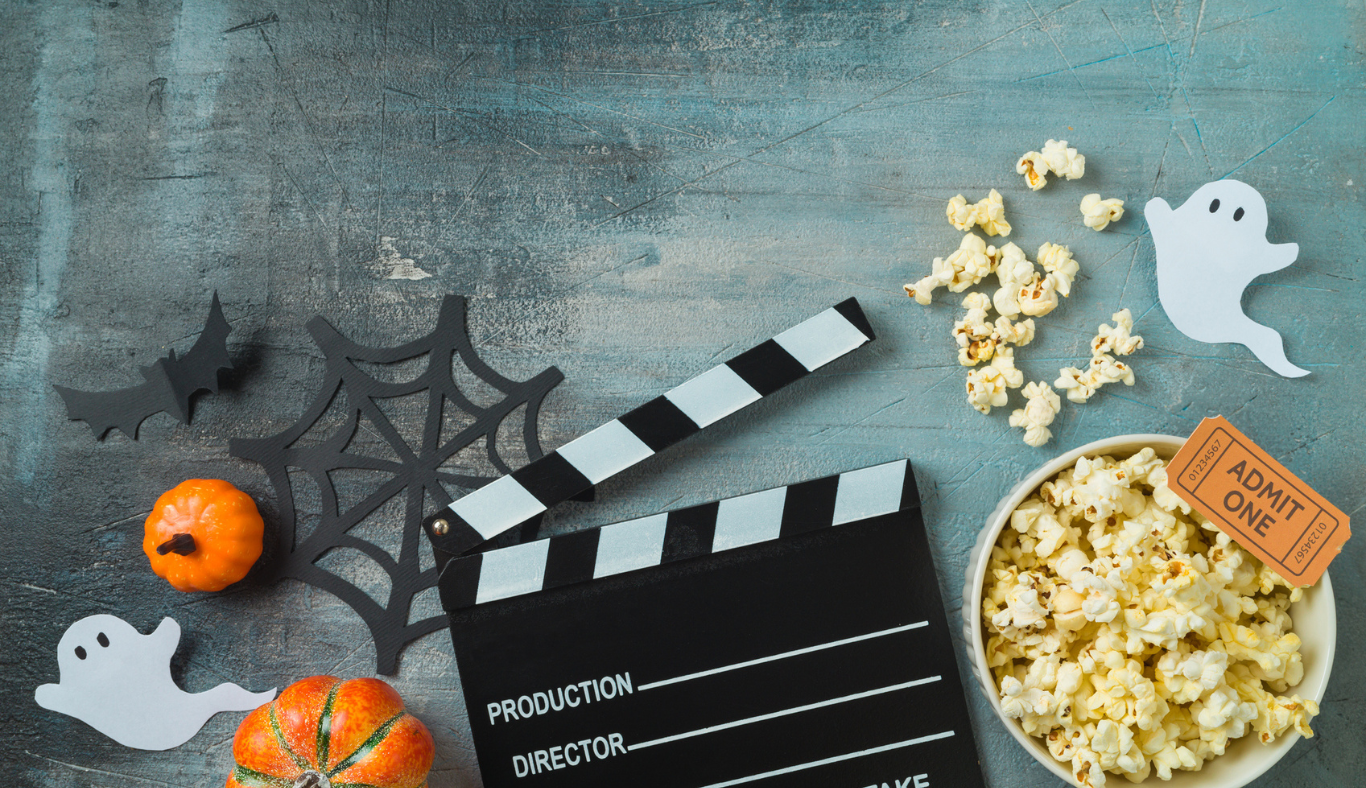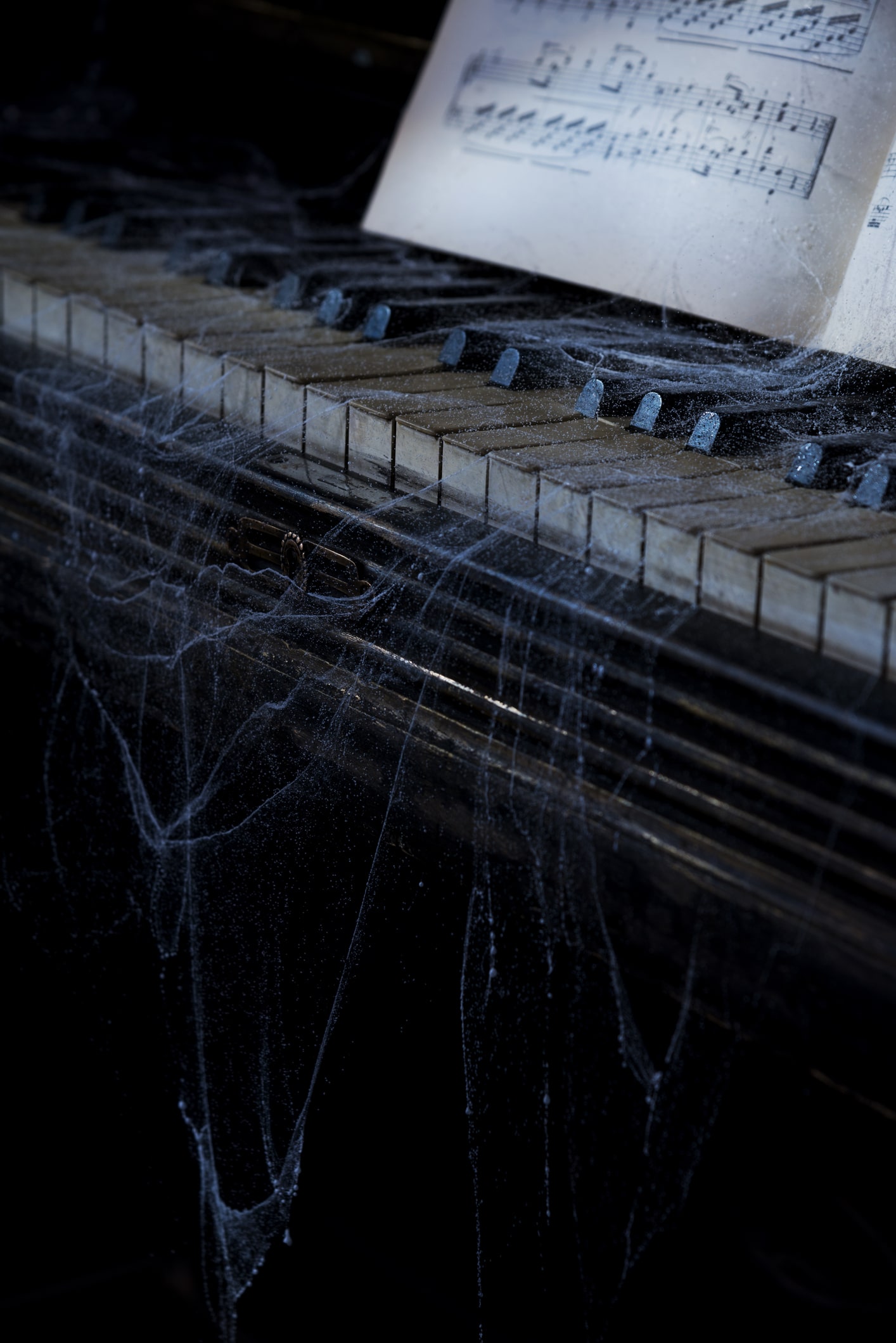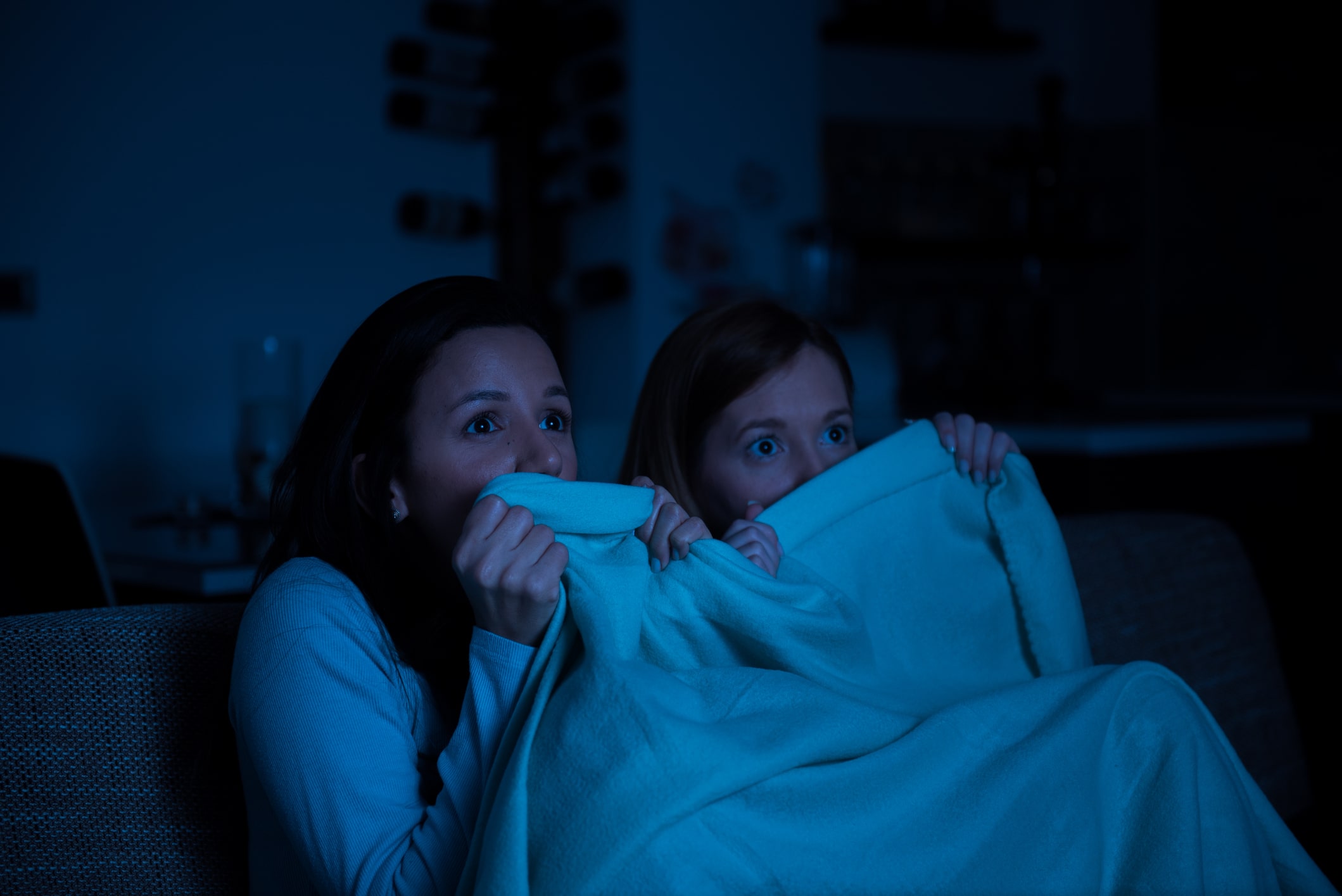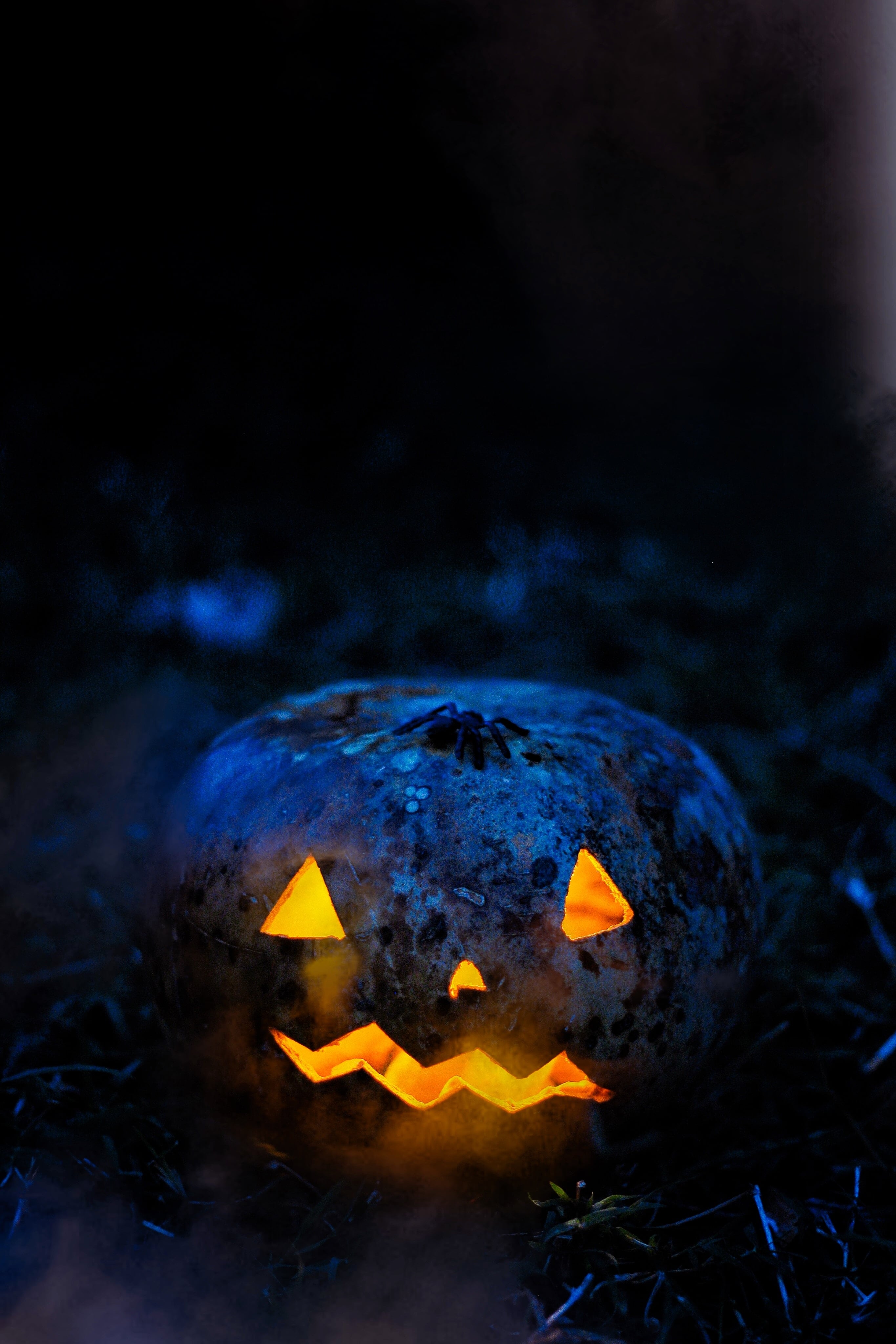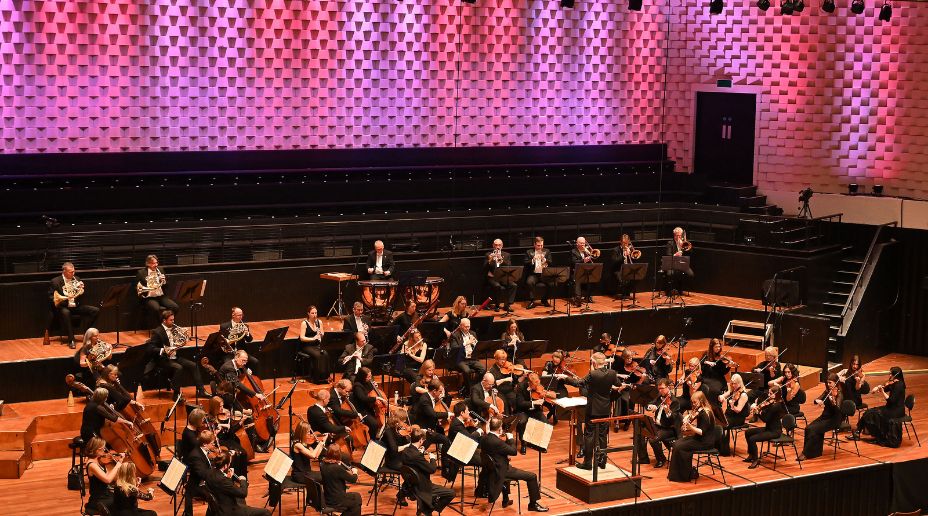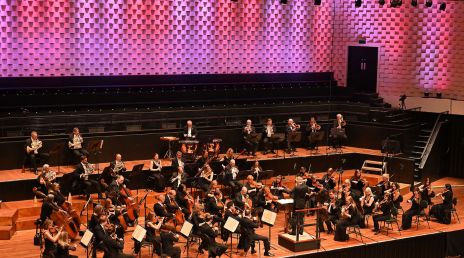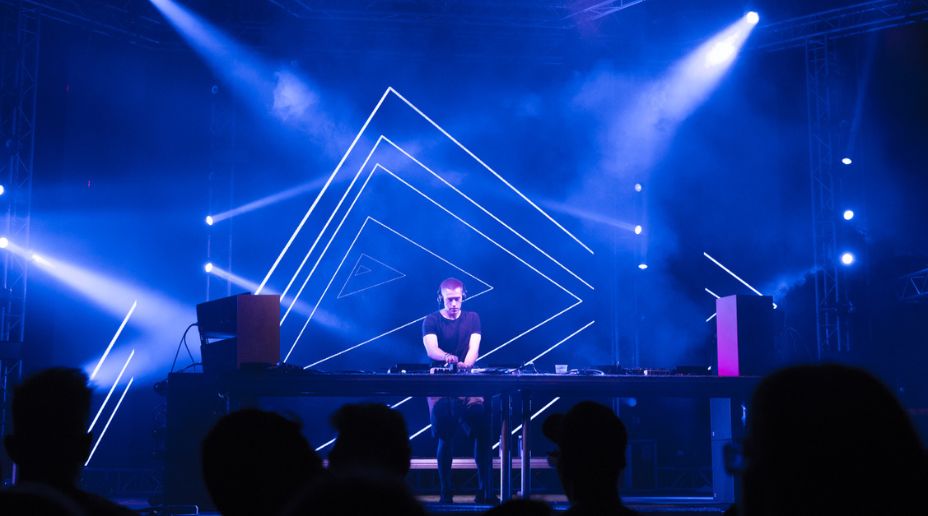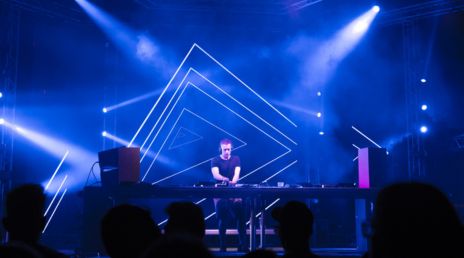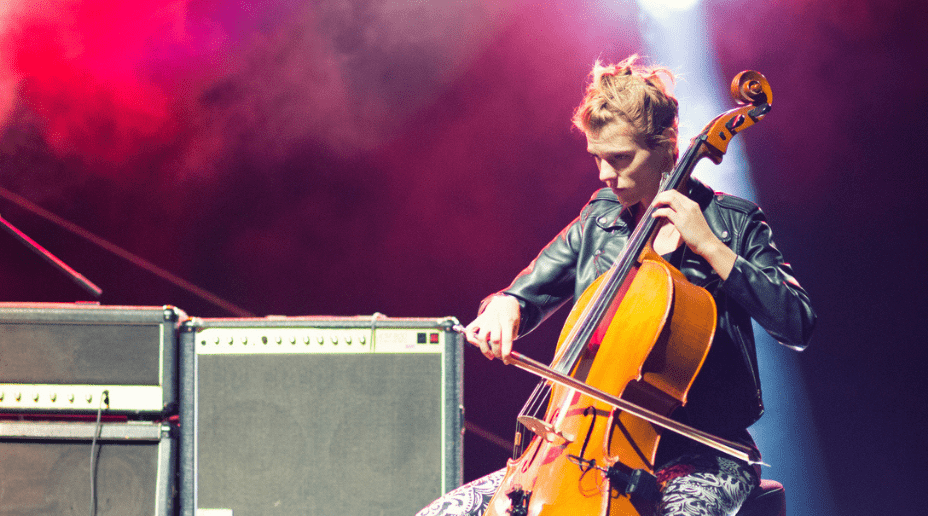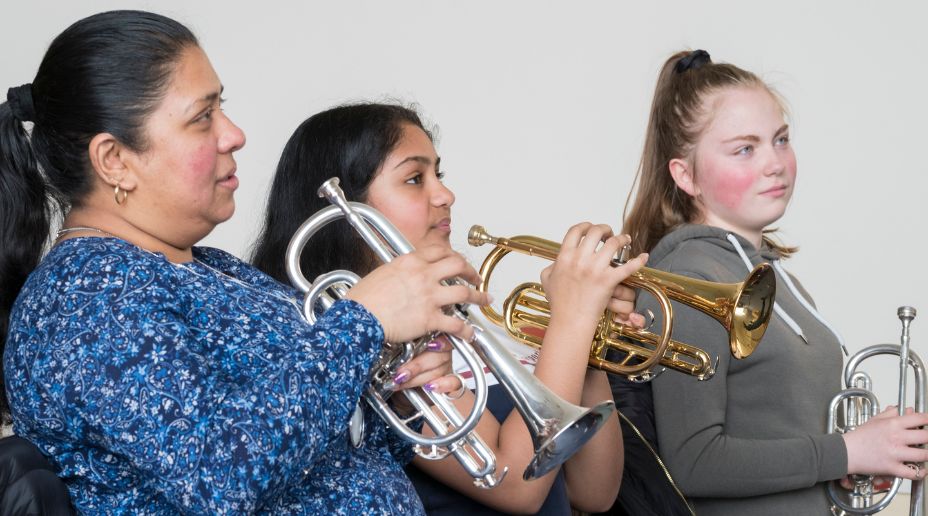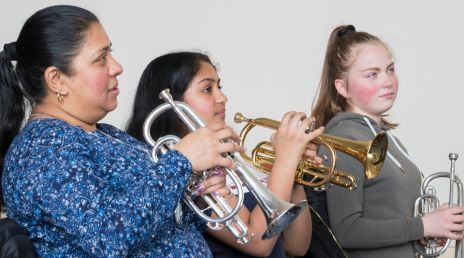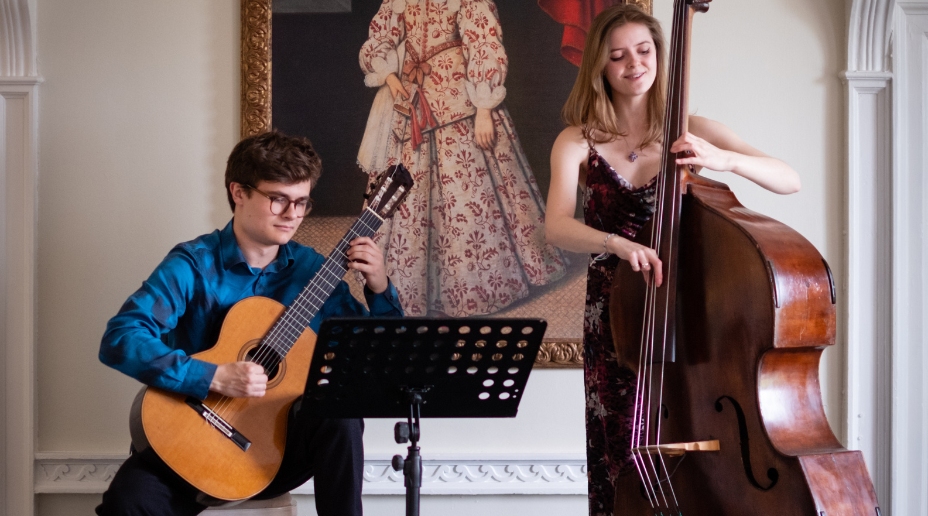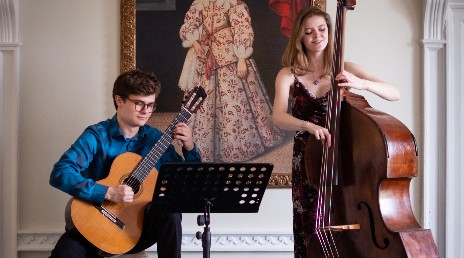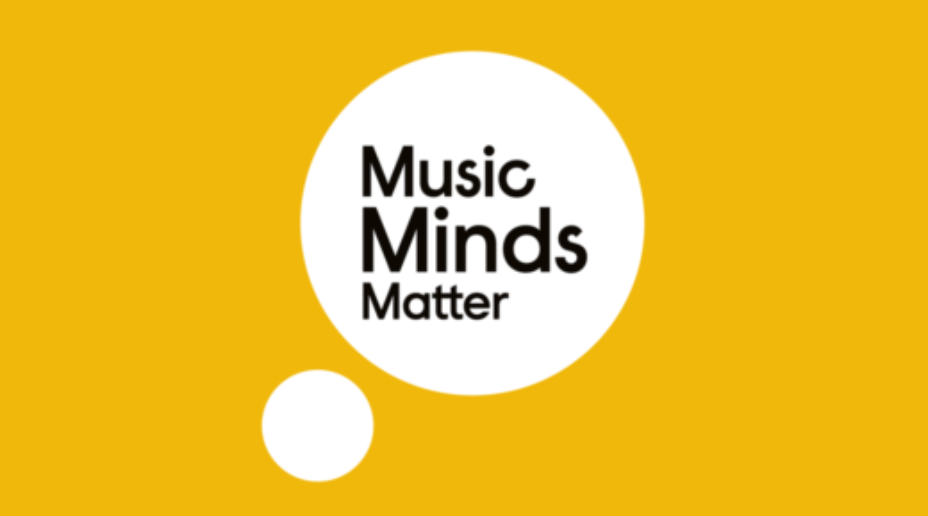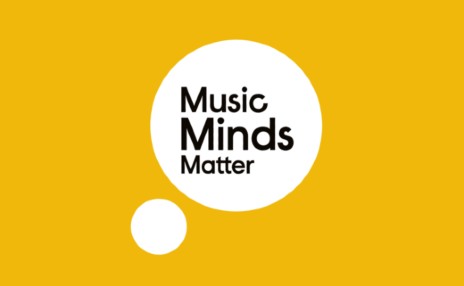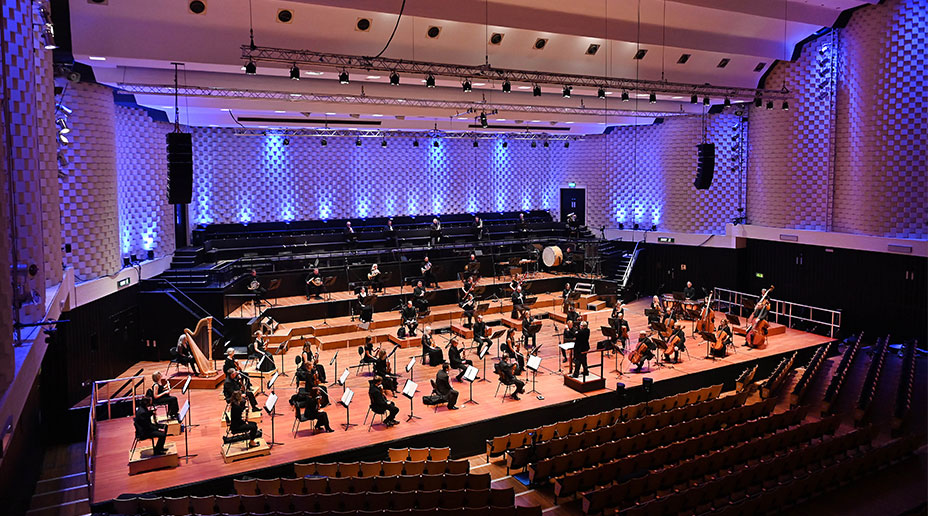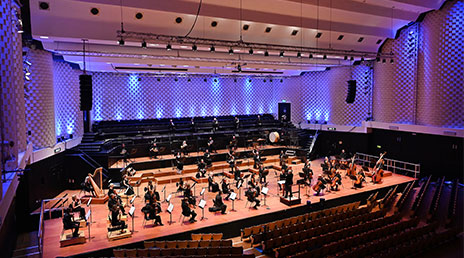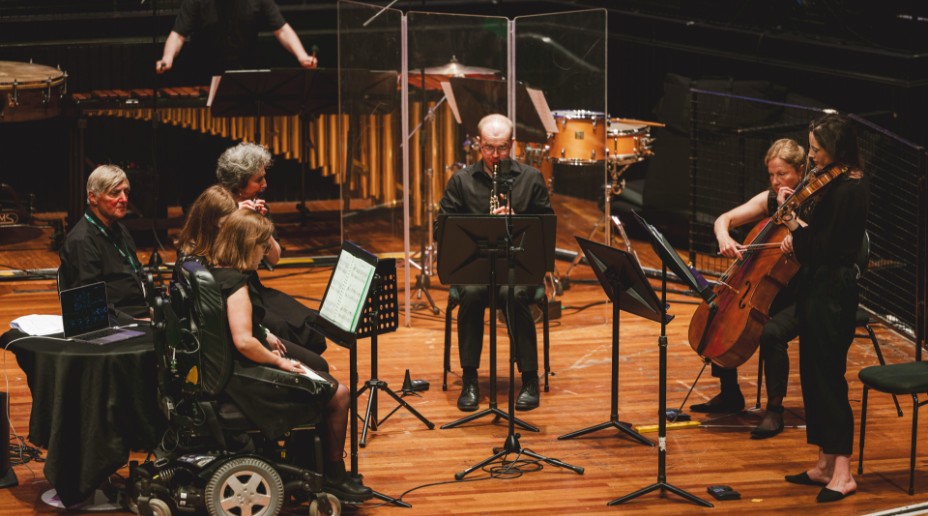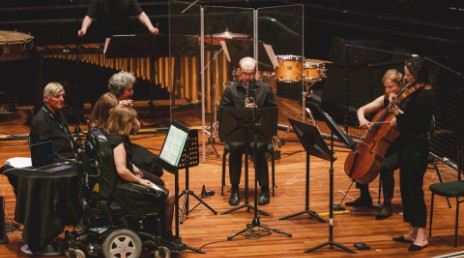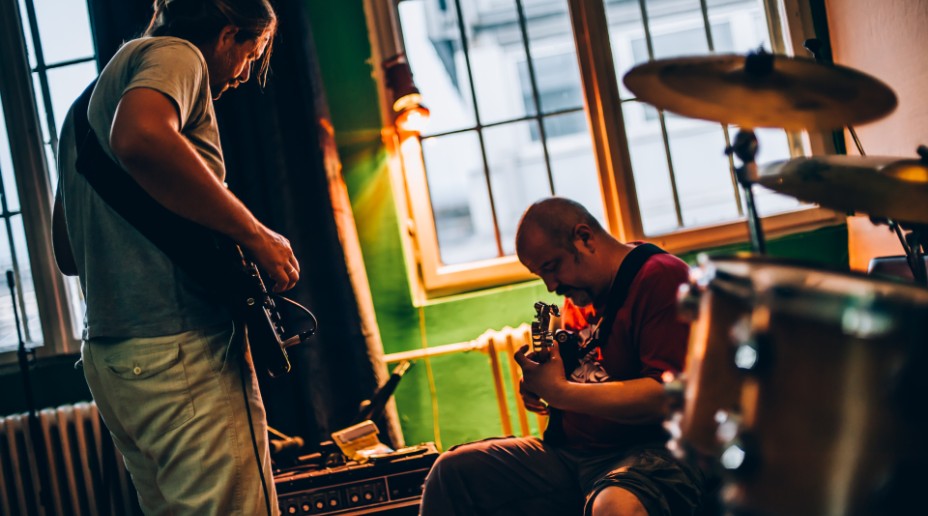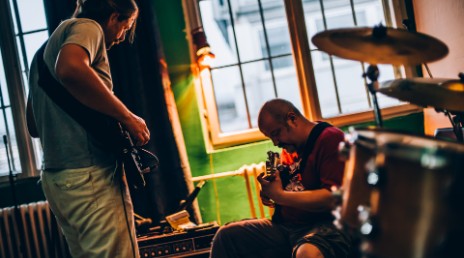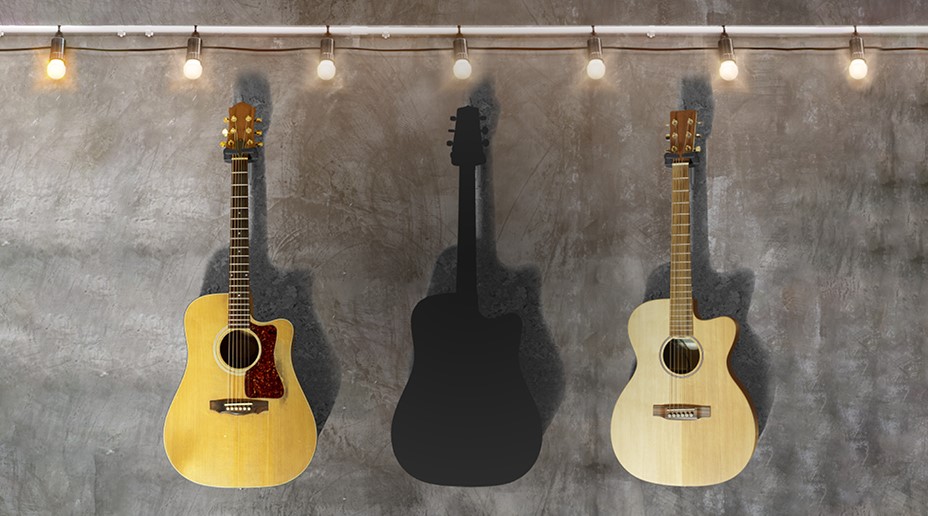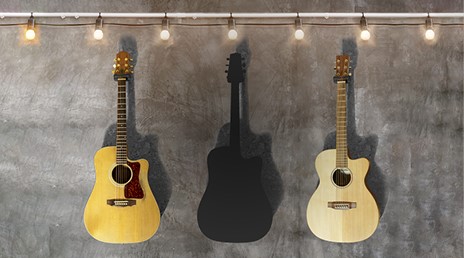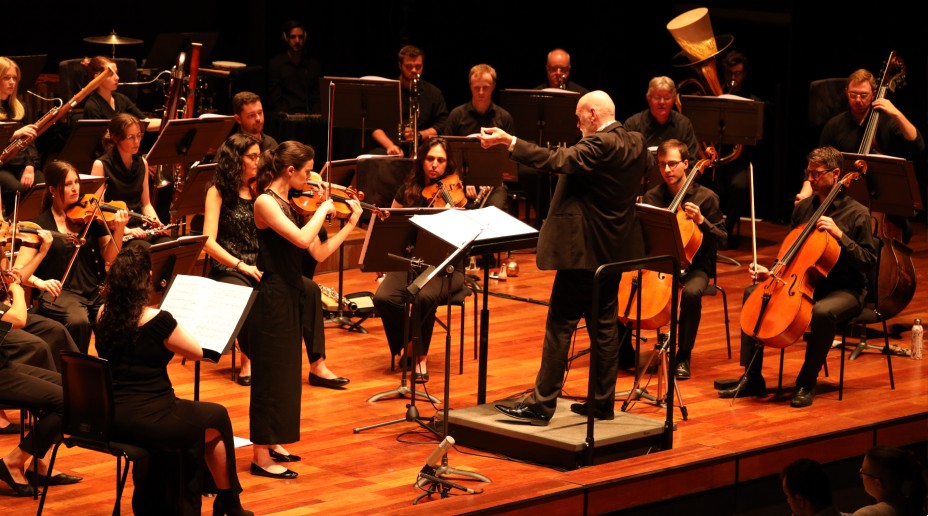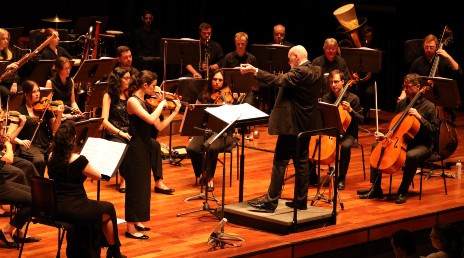Do you ever find yourself hiding behind a pillow when watching a scary movie? Is it the music? Film composers sometimes use generated sounds, including creepy vocals and sounds that mimic human fear like a heartbeat, to build the tension. They also incorporate obscure instruments to create some of the creepiest sounds.
As we head towards Halloween, we thought we’d take a look at what gives scary music the fear factor.
Would movies be the same without music?
If we took the music out of scary movies, would we still get scared? Scary music builds up suspense, keeps us on edge and gives us that spooky feeling. Take a look at this parody of
The Shining trailer with happy up-beat music over the top - is it still scary? Or how about this trailer of
Toy Story with scary music in the background. It’s interesting to see just how much music affects how we react to movies.
What makes the music spooky?
Instruments
The instruments that are used in scary movies play a huge part in the effects of scary music. Unusual instruments that you wouldn’t usually hear in more contemporary music, such as a Theremin or Waterphone, are most commonly used.
Take a look at our Scary Instruments article to find out what other instruments are used in scary movies.
Sound Effects
Using sound effects in scary music is a key factor when creating a genuinely scary atmosphere for the person watching. It’s important that the sound effects are high quality, if the screams or creaky door effects are unrealistic, it’s hard to build tension and actually make the audience jump. The background music and sound effects used are what make horror films as scary as possible. For example, distant creepy movements and eerie haunting winds are what build up the spooky atmosphere.
Sound effects that mimic human fear, including pulsing heartbeats and slow and heavy breathing, also increase the level of scariness. Take a look at some of these horror sound effects.
Minor Keys and Tritone Chords
A lot of music used in scary films is composed using keys that change our mood and emotions. Using major keys will give a sense of happiness and positivity, that’s why a lot of composers turn to minor keys to build atmosphere in a horror film. Minor keys tend to make us feel sad or concerned, to many people it can even give the feeling that the sound is off key, making us feel as though something is about to happen. The iconic Halloween (1978) theme song is a great example of this. Written in F# minor it creates an eerie and spooky atmosphere.
Using a Tritone, also known as the ‘Devil in Music’ is where composers simultaneously play two notes that are three tones apart. This effect creates an uneasy feeling of dissonance, where the music sounds unstable and unfinished. This is what gives us that feeling of being on edge and unsure of what’s around the corner – this is exactly where the composer wants us to be.
Dynamics and Silence
By adding dynamics into the music, it makes parts of the movie feel a lot more intense and builds on the suspense, really getting you on the edge of your seat. By lowering a piece of music during an intense scene where you know something is about to happen, and then having a huge burst of music or loud effect suddenly come on – that’s what makes us jump out of our seat!
As we know the music is such an essential part of making scary movies actually scary, however are moments of silence just as creepy? Lots of horror movies include periods of complete silence - leaving us waiting for something to happen, and being able to hear ourselves crunch down on that piece of popcorn. Moments like this draw the audience in and make us feel like we’re part of the movie. Take a look at the film ‘A Quiet Place’ where the entire concept of the film is based around pure silence.
Considering musical instrument insurance?
Protect your instruments and equipment by getting a quote online.
Latest news, advice and tips
News
The BSO's Voices from the East festival - a celebration of 15 years
The Bournemouth Symphony Orchestra bring 'Voices from the East' to London's Southbank Centre - a celebration of Kirill Karabits incredible 15 years as Chief Conductor of the BSO.
Read more
News
Debut Sounds - Sound in Motion
Music and movement come together this June for the London Philharmonic Orchestra's annual Debut Sounds concert, the showcase for unique new works by the LPO's Young Composers.
Read more
News
The Bournemouth Symphony Orchestra announce new artistic team
The BSO are delighted to introduce their new artistic team ahead of the orchestras 2024/25 season, as Chief Conductor Kirill Karabits announces new chapter after 15 years.
Read more
Insight
Do I need DJ insurance? 4 reasons to have the right cover
Don’t know if DJ insurance is right for you? Find out how the right coverage protects you and your equipment in all circumstances.
Read more
Insight
3 ways musicians benefit from public liability insurance
Discover how important public liability insurance is for musicians and bands who want to stay financially secure in any eventuality.
Read more
News
Learn to Play 2023
Music for All's Learn to Play event is back for 2023. Find out what free music learning opportunities are happening in your local area this year.
Read more
Guide
Keeping your musical instrument insurance policy up to date
From instrument value to where to you play, we've pulled together our latest guidance on keeping your musical insurance policy up to date.
Read more
News
Surrey Hills International Music Festival 2023
A look back at the Surrey Hills International Music Festival 2023 season and the important work the festival is doing to support young and emerging artists.
Read more
News
Mental Health Awareness Week 2023
This Mental Health Awareness Week, find out how our official charity partners, Help Musicians, are helping to support the mental wellbeing of the UK music community.
Read more
News
Year 5 of our partnership with Bournemouth Symphony Orchestra
We're delighted to announce the fifth year of our partnership with the Bournemouth Symphony Orchestra, supporting the incredible work they do to enhance lives through the power of music.
Read more
News
An introduction to adaptive musical instruments
Learn how adaptive musical instruments and assistive equipment make both learning and playing a musical instrument accessible to all.
Find out more
News
Announcing our charity partnership with Help Musicians
It’s an immense privilege for Allianz Musical Insurance to announce Help Musicians as our first official Charity Partner.
Find out more
News
Reuniting musicians with their lost instruments across the UK
Lost or stolen musical instrument? Musicians across the UK can now register lost, stolen and found instruments for free on Missing Instruments Finder.
Find out more
News
One in four musicians see their instrument as their most prized possession
Allianz Musical Insurance launches new website to help reunite musicians with their lost instruments.
Find out more
News
Our partnership with the London Philharmonic Orchestra
We’re delighted to announce our new partnership with the LPO and our support of their Young Composers programme, aiming to find and support the progression of talented orchestral composers.
Find out more
